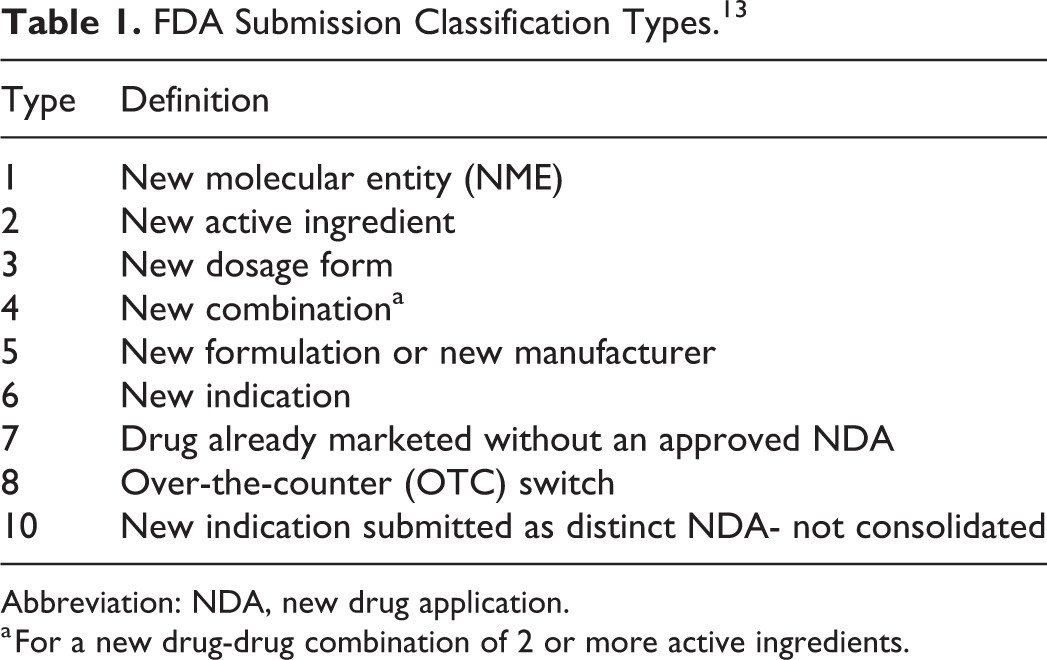Recently a presentation by an Israeli patent examiner was brought forward in an argument against patent evergreening.
In her presentation, the patent examiner claims that patent evergreening has the following negative consequences:
- It delays generic market entry
- It prevents generic competition
- Drug prices stay up
- [drugs are] Less available to the public
She provides several examples, including Lamictal and esomeprazole. As I illustrate below, the claims that patents delayed generic entry were grossly overstated.
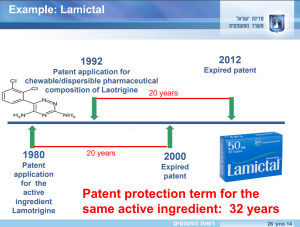
Lamictal ‘evergreening’ does not stop generic entry
In the Lamictal example she argues that the 1992 patent on a chewable form of the drug effectively extends the patent life to 32 years.
However, as a patent professional the author should know better — how can a patent claiming a chewable form of a drug prevent generic entry of non-chewable versions? In short, it cannot. What the examiner fails to consider is that patents are only as good as their claims. And if a patent’s claims are focused on a special formulation of a drug (e.g. a cheable form), then they cannot impact other formulations (e.g. the orignal orally-dosed pills).
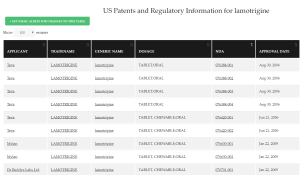
As seen in the extraction from the DrugPatentWatch profile for lamotrigine, Teva launched generic versions of both chewable and non-chewable formulations in 2006 — a full six years before the ‘evergreening’ should have been able to prevent generic entry. Other companies such as Mylan and Dr. Reddy’s quickly followed Teva in launching generics and today there are 35 companies making various forms of the drug.
Omeprazole sees generic entry years before ‘evergreening’ patents expire
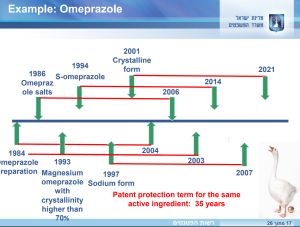
In the case of omeprazole the patent examiner cites numerous patents on salts of omeprazole as effectively blocking generic entry until 2021?
Once again, looking at the earliest generic entry date for omprazole — 2002 — it is clear that the generic drug was available years before the last patents expired.
It is important to distinguish between patents and drug approvals — just because a patent is granted does not mean that generics cannot be approved. The role of the
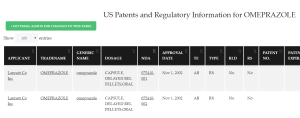
patent office is to grant patents on inventions which are new and useful. But, not all these patents will influence generic entry. Patents can claim manufacturing methods, enhanced formulations, targeting for specific conditions, and other inventive steps not associated with generic entry. If a generic company is able to work around these patents (and often they can) then they are free to enter the market.
Conclusion
To drive the point home that just because a drug has patents doesn’t mean that generics can’t enter look at Aspirin. The drug was invented in the late 1890s, and Aspirin still has patents today, yet you can readily get generic aspirin at your pharmacy, at very affordable prices. The patents on aspirin don’t block all generic sales of the drug, and they don’t drive the price up.








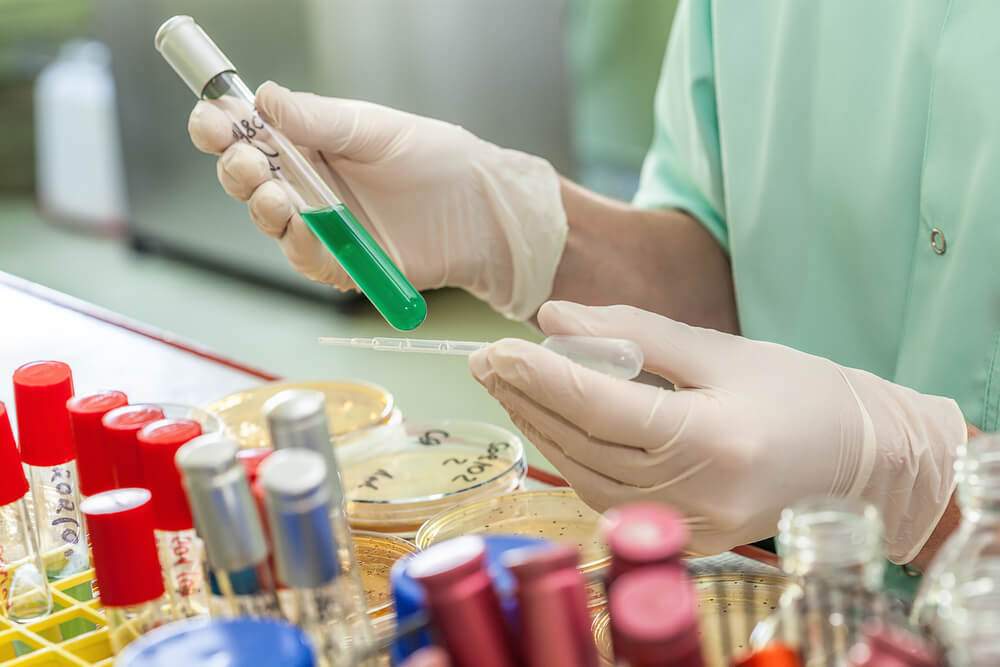

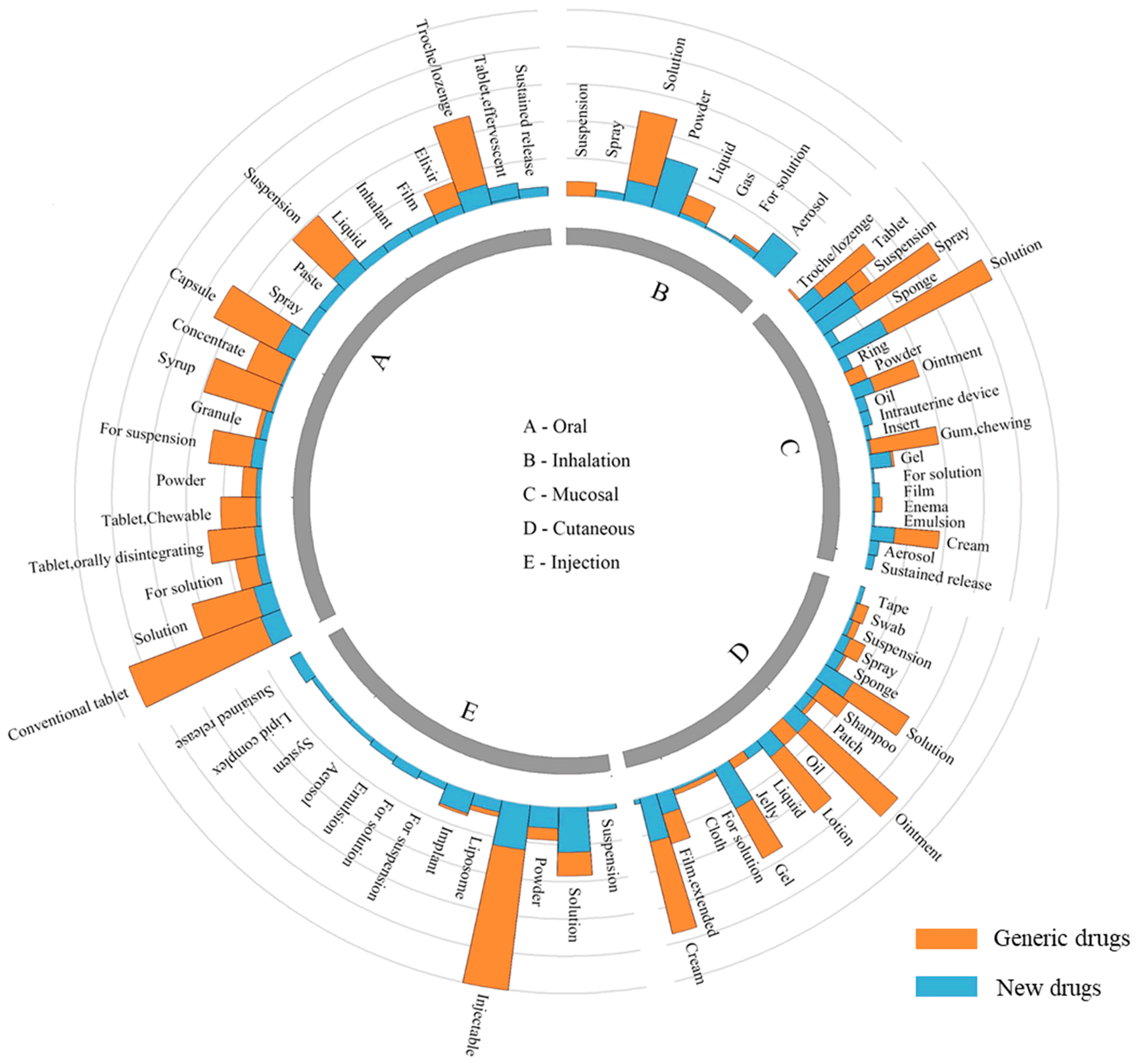


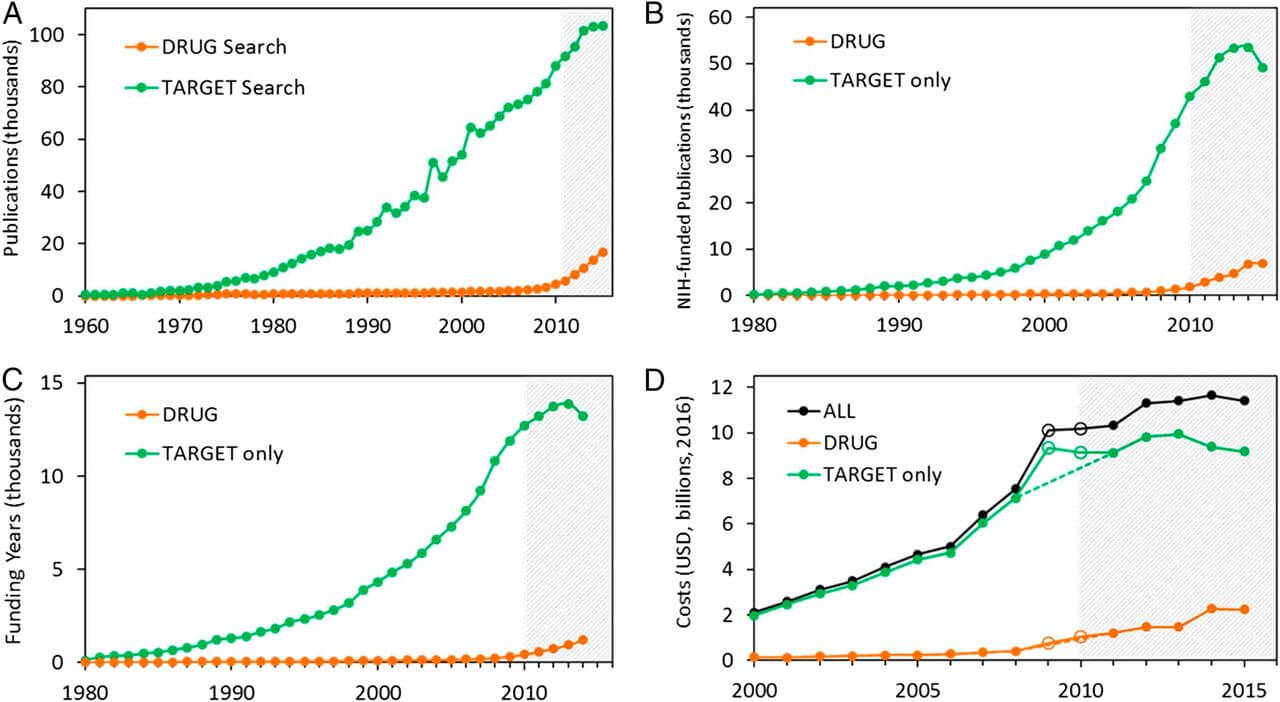
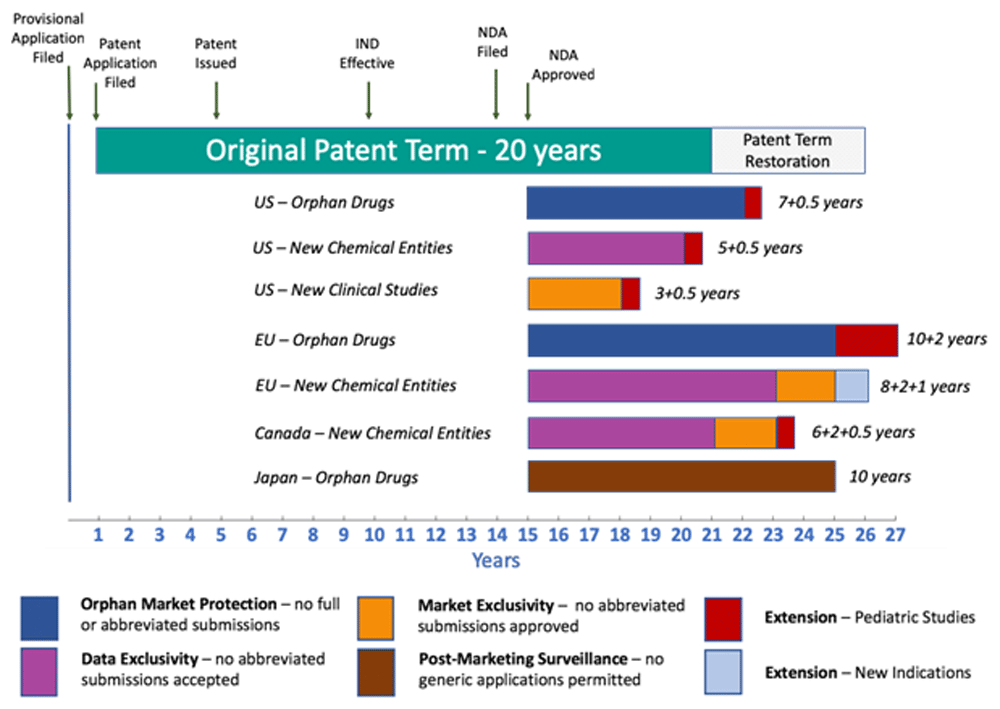



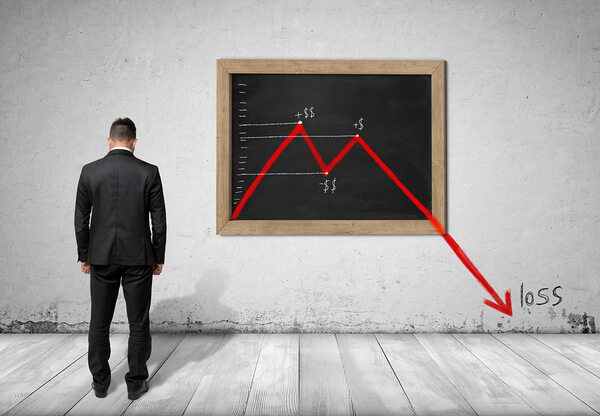
![Is Patent “Evergreening” Restricting Access to Medicine/Device Combination Products? Fig 2. Sales for 8 medication-device combination products in 100-top sellers in the US from 2011–2013 [22]](https://www.drugpatentwatch.com/blog/wp-content/uploads/2019/03/Fig-2.-Sales-for-8-medication-device-combination-products-in-100-top-sellers-in-the-US-from-2011–2013-22.png)
